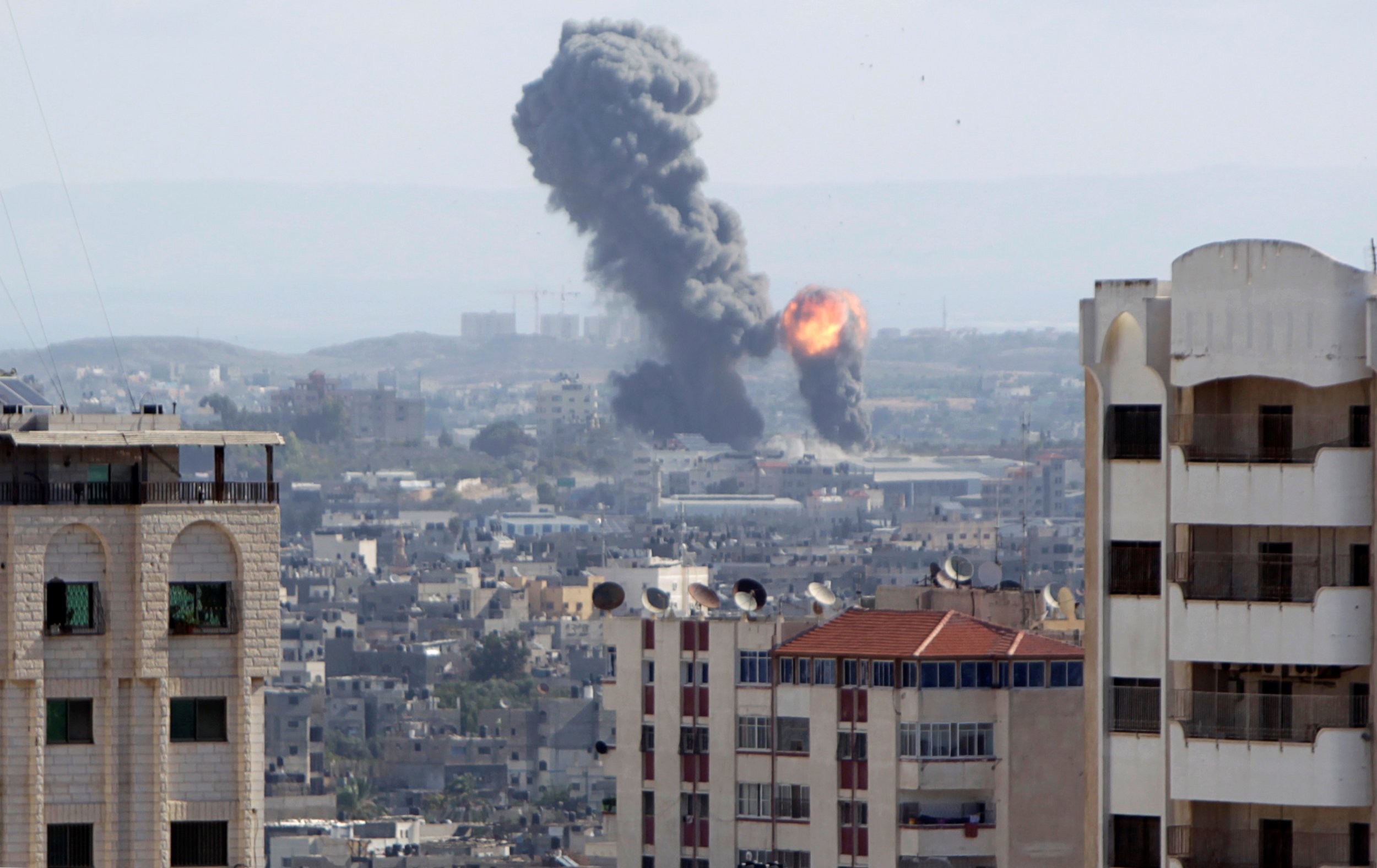Overview:
Israel and Hezbollah, the Shiite militant group based in Lebanon, are reportedly close to finalizing a U.S.-brokered ceasefire agreement that could bring a temporary halt to over a year of conflict. The proposed deal aims to de-escalate violence that has caused significant loss of life, widespread displacement, and regional instability.
Key Details of the Ceasefire Agreement:
According to sources familiar with the negotiations, the agreement includes several crucial measures to reduce tensions along the Israel-Lebanon border:
- Israeli Withdrawal: Israeli Defense Forces will withdraw from key positions in southern Lebanon.
- Hezbollah Relocation: Hezbollah is set to move its armed presence north of the Litani River, creating a demilitarized buffer zone.
- International Oversight: The Lebanese Army, supported by United Nations peacekeepers, will oversee compliance with the ceasefire terms in the region.
The ceasefire is expected to last for 60 days, during which both sides will evaluate further steps to ensure long-term stability.
Humanitarian Impact:
The prolonged conflict has taken a devastating toll on both nations, with civilians bearing the brunt of the violence:
- Lebanon: Over 3,760 deaths, predominantly among civilians, have been reported. Approximately 1.2 million people have been displaced, with critical infrastructure in cities like Beirut and Tyre severely damaged by Israeli airstrikes.
- Israel: Hezbollah’s rocket attacks have claimed 75 lives and displaced around 50,000 residents. Communities in northern Israel have been particularly affected by the ongoing shelling.
The humanitarian crisis has drawn international attention, with aid organizations calling for immediate support to address shortages of food, medical supplies, and shelter in both countries.
Geopolitical Implications:
This ceasefire comes at a pivotal moment in Middle Eastern geopolitics. The hostilities between Israel and Hezbollah have exacerbated tensions between regional powers, with Iran’s support for Hezbollah drawing criticism from Western nations.
A successful ceasefire could signal a shift toward diplomatic resolutions in the region, though experts caution that deep-seated animosities may hinder long-term peace.
Economic Ramifications:
The conflict has had a ripple effect on global markets, particularly in the energy sector. Oil prices, which had spiked due to fears of broader regional instability, have begun to ease amid news of the potential ceasefire. Traders and investors are closely monitoring developments, as the Middle East remains a critical hub for global energy supplies.
Looking Ahead:
While the ceasefire offers a glimmer of hope, its success will depend on both parties’ commitment to de-escalation and adherence to the agreed terms. The international community, led by the United States and United Nations, is expected to play a significant role in ensuring compliance and supporting post-conflict rebuilding efforts.
As the situation unfolds, stakeholders across the globe will watch closely, hoping that this ceasefire marks the beginning of a more peaceful chapter in the region’s history.
